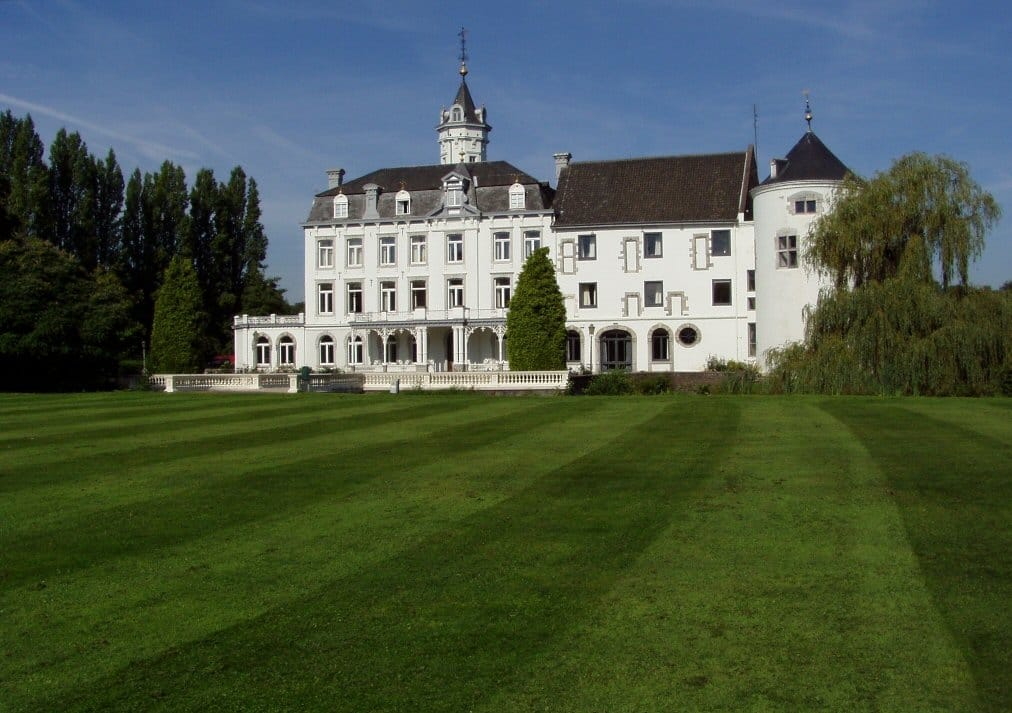The interns of the Hotel School Maastricht

Speaking is Ankie Hoefnagels, Lecturer in Global Minds at the Hotel Management School Maastricht:
“In the second year of the Hotel Management program, our students do an international internship. That means we can expect great internship reports from all those students. All those stories represent a wealth of knowledge, anecdotes and experiences about their experiences in another culture. That information is interesting to me as a researcher, but is also just as useful to the students themselves. They can learn from each other. Because although the students are in completely different places in the world, they often have shared experiences. We wanted to do something with this. Simulise’s blog function gave us the opportunity to give all those stories extra value.” Thus Ankie Hoefnagels,
Simulise offers all students the opportunity to upload blogs. On the one hand, we use this as a teaching tool: the blogs must meet certain requirements and they are judged by the teacher with a gold, silver or bronze badge. But the blogs also have a social component. In the “social stream,” students (and teachers) see all the blogs passing by. These can be liked and commented on. Students actively ask each other questions and share special stories about cultural differences, for example. Because the students post a blog for the community, they really sit back and enjoy it. They do their best to make it a beautiful and inspiring story with thought-provoking titles and beautiful photographs.
A nice touch is that we also use all the blogs as a source of information for education. We pick out the most typical or interesting cases, and we incorporate them back into teaching. I also find the blogs very valuable as a researcher. It provides me with a wealth of data about their experiences, choice of comments and what insights they gain at their internship.
Simulise offers plenty of opportunities to customize the modules to your own needs. For example, we call Simulise “Curious People” because that fits well with the values of our education. My colleague Josje van Dongen sets assignments related to trend spotting and innovation. The students blog about that topic as well, which again fits right in with the concept of Curious People. For each user group, moreover, you can customize assignments, you can control who has access to which section, and you can also grade all assignments. Thus, Simulise is not just a social blogging platform, but really has an educational function.
We plan to use Simulise for other purposes besides blogging. Of course, it takes some getting used to using such a tool organization-wide. And not everyone is equally adept when it comes to new programs and techniques. But the more widely you use Simulise, the easier it becomes to work with. This applies only to colleagues, by the way; students find it very easy to work with. It works as intuitively for them as the social media they are on every day. Therefore, we also involve students in providing instruction to teachers and students. Community Involvement, we call it. That’s just part of the curriculum, but it’s also just really nice that students are actively involved in the platform.
I hope Simulise continues to grow and develop. For us, it is a tool that we already enjoy using with the blogs, but that we can hopefully use in many more areas in the future.”

